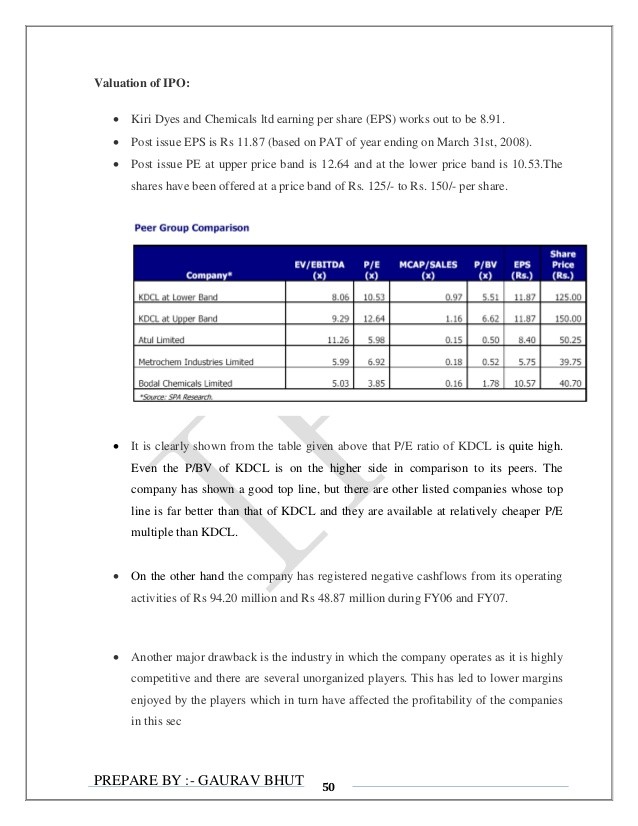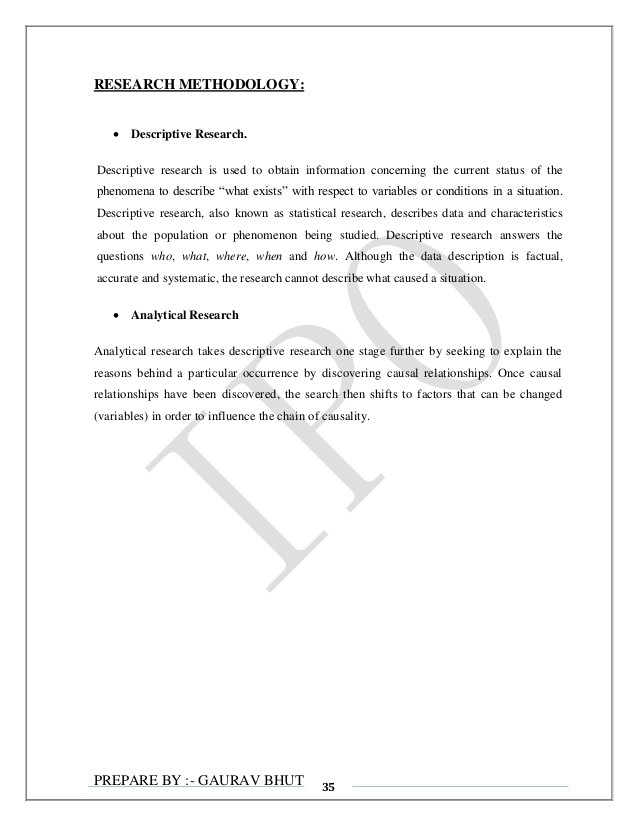Are IPO s a Good Investment Option
Post on: 2 Апрель, 2015 No Comment

Welcome to My Personal Finance Journey. If you are new here, please read the “About ” or “First-Time Visitor ” pages to find out more about us. If you would like to receive free updates on articles like this by email, then sign up here or you can subscribe to the RSS feed. Also, check us out on Twitter or Facebook. Thanks for visiting! Keep on learning!
%img src=http://gator1523.hostgator.com/
mpfj/wp-content/uploads/blogger/_ySFE6T7lppg/TB_dqXCvCMI/AAAAAAAAAUw/GjVHiRLWlQc/s320/nyse-ipo-vm-lg.jpg /%
In multiple previous posts (see posts at link below for more details), I have made the case for why holding index mutual funds is a far superior strategy for individual investors than buying and selling individual stocks.
However, in these postings, at no point did I address the issue of whether or not IPOs (or Initial Public Offerings) make for good investments. This will be the topic of todays post.
To begin this analysis, we first need to start with defining what an Initial Public Offering, or IPO, is exactly.
What is an IPO?
According to Investopedia.org, an IPO can be defined as shown below:
- The first sale of stock by a private company to the public. IPOs are often issued by smaller, younger companies seeking the capital to expand, but can also be done by large privately owned companies looking to become publicly traded.
Typically, the company going public will team up with an underwriter (usually an investment banking firm) that will help the company the timing of when to begin selling shares of stock on the public market and what price at which to offer them.
Now that we have an idea of what an IPO is, lets take a look at how they have performed against the test of time.
Performance of IPOs Over the Years
As you might have guessed, according to academic research supporting the Efficient Market Hypothesis (place link to investopedia.org here), since IPOs are individual stocks, they are already, by nature, less effective than index mutual funds.
So, lets say that is Strike 1 against IPOs.
Strikes 2-5 come to us from four studies cited in Larry Swedroes book titled, The Only Guide to a Winning Investment Strategy Youll Ever Need . The results of these studies are summarized below:
- Study 1
- Strategy – buying every IPO from 1970-1990 at the closing price of the 1st day of trading for an IPO and then holding each for 5 years.
- Results – IPO investments performed 7% below benchmark performance of companies with comparable market capitalization already trading.

As you can see from the pitiful under-performance above, IPOs, even though they are a very exciting investment option, are definitely not the best choice for individual investors.
By all practical terms, you will never have sufficient knowledge that you would need in order to make an informed purchasing or selling decision with IPOs. Due to this very strong reasoning, IPOs are best to be avoided by individual investors.
If you do enjoy the excitement that IPOs offer, there is no problem with using a small amount of funds to buy IPOs and place them in the Play Money portion of your portfolio.
For more information on Play Money/how to work IPOs in to your investment strategy, please click on the link below.
My Experience
Personally, I have never invested in an IPO, and therefore, am curious to learn about experiences you all have had with them.
Please feel free to post a comment below and tell everyone how an IPO fared for you!
Keep on learning!
Jacob
To receive updates on topics such as this one as soon as they are published, click on the link below to subscribe to My Money Blog:














